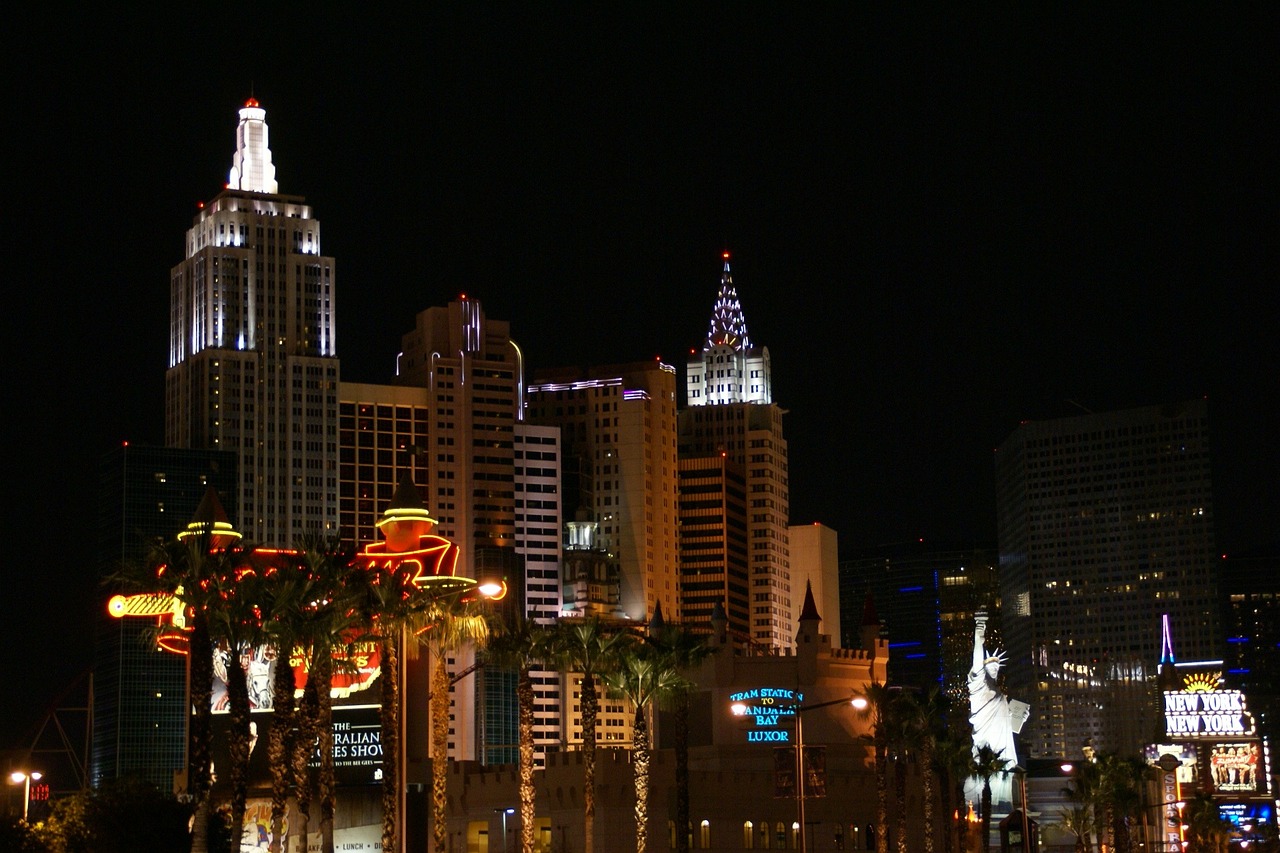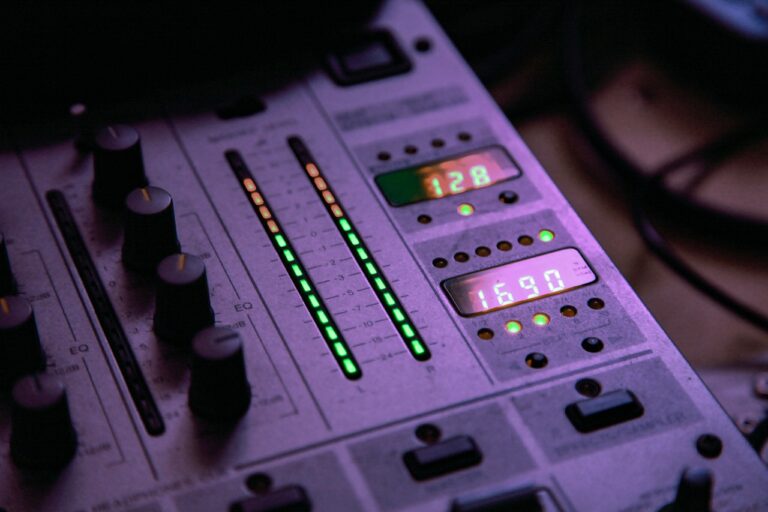The Role of Artificial Intelligence in Film Production: From Script to Screen
Crafting a script is a delicate dance between imagination and structure. The journey begins with a spark of inspiration, often drawing from personal experiences, observations, or even dreams. Writers immerse themselves in research and brainstorming to develop their ideas into a coherent story that resonates with the audience. Through intense focus and dedication, characters are brought to life, settings are meticulously envisioned, and plotlines are intricately woven together.
As the script takes shape, revisions become a crucial part of the creative process. Writers revisit their work to refine dialogue, enhance character development, and ensure pacing is engaging. Each draft brings new insights and challenges, pushing the boundaries of the initial concept to unearth hidden depths and nuances within the narrative. The creative process in scriptwriting is a constantly evolving endeavor, where storytelling mastery meets artistic expression to convey a compelling and unforgettable tale.
Utilizing AI for Storyboarding
Storyboarding is an essential aspect of the pre-production phase in filmmaking and serves as the visual blueprint for the final product. With advancements in technology, artificial intelligence (AI) has started to play a significant role in streamlining the storyboarding process. By utilizing AI algorithms and software, filmmakers can efficiently generate storyboards based on the script inputs, enhancing the visualization of scenes and sequences.
One of the primary benefits of using AI for storyboarding is the speed and accuracy it offers in creating visual representations of the script. AI algorithms can quickly analyze the written content and generate corresponding images or sketches that align with the narrative flow. This not only saves time for filmmakers but also provides a comprehensive visual aid that can aid in decision-making during the production phase.
AI’s Influence on Casting Decisions
Utilizing advanced algorithms, artificial intelligence (AI) is shaping the landscape of casting decisions in the entertainment industry. With the ability to analyze immense amounts of data, AI helps casting directors make informed decisions that can impact the success of a production. From identifying emerging talent to predicting audience preferences, AI plays a crucial role in casting choices.
One of the key advantages of AI in casting decisions is its ability to provide valuable insights based on factors like past performances, audience reactions, and market trends. By utilizing AI-powered tools, casting directors can streamline the casting process, minimize risks, and improve the overall quality of productions. Additionally, AI enables filmmakers to explore diverse casting options and discover talent that may have been overlooked through traditional methods.
• AI analyzes immense amounts of data to help casting directors make informed decisions
• AI can identify emerging talent and predict audience preferences
• AI provides valuable insights based on past performances, audience reactions, and market trends
• Using AI-powered tools streamlines the casting process, minimizes risks, and improves production quality
• AI allows filmmakers to explore diverse casting options and discover overlooked talent
How does AI influence casting decisions in the film industry?
AI can analyze data on past performances, audience preferences, and demographics to suggest potential actors for specific roles.
Can AI completely replace human decision-making in casting?
While AI can provide valuable insights, casting decisions ultimately require the human touch to consider factors like chemistry, acting ability, and artistic vision.
How can AI be used in the scriptwriting process?
AI can help analyze trends in popular scripts, generate dialogue suggestions, and even predict potential plot twists based on data analysis.
What are the benefits of utilizing AI for storyboarding?
AI can streamline the storyboarding process, help visualize scenes more efficiently, and provide creative ideas for visual storytelling.
Are there any drawbacks to relying on AI for casting decisions?
Possible drawbacks include limiting creativity, overlooking unconventional choices, and the potential for bias in the data used by AI algorithms.
How can filmmakers balance the use of AI with human intuition in the casting process?
Filmmakers can use AI as a tool to inform their decisions, but ultimately rely on their own instincts, creative vision, and understanding of the characters and story.







